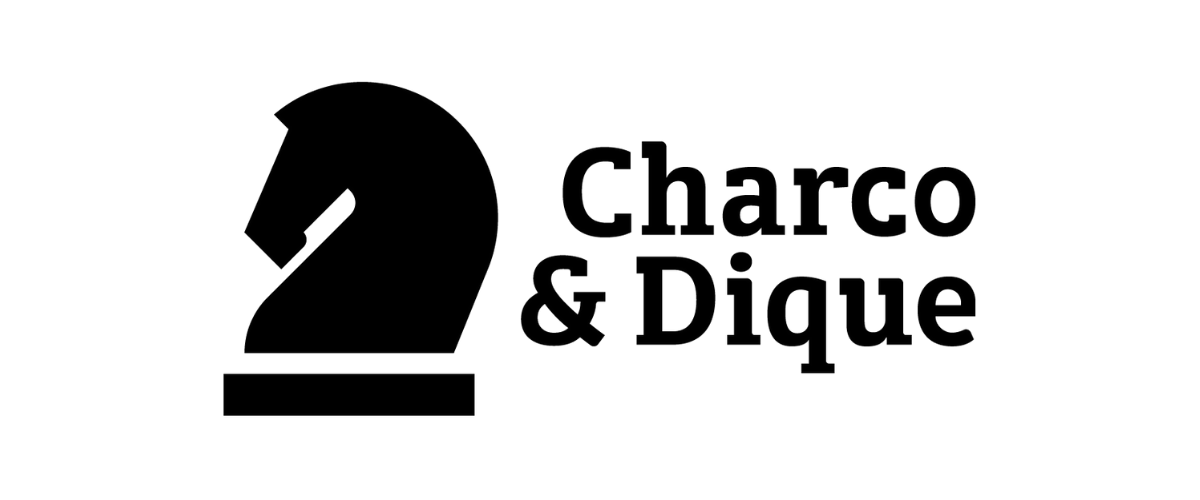With the help of compliance software Ruler, Charco & Dique closely monitors the developments in financial laws and regulations. Then, we determine the impact of the changes and translate the developments into the daily practice of our clients.
Which developments should you take into account? Every quarter, we provide a structured overview of the regulatory changes and their consequences for financial institutions in our Regulatory Updates. In this blog, we list a number of focus areas for Q3 2022.
Retrospective
What laws and regulations have recently come into effect?
- On May 18, 2022, the Delegated Regulations related to the benchmark transition entered into force.
- On June 1, 2022, the EBA Guidelines on payment instruments with restricted use under PSD2 entered into force.
- On June 13, 2022, the MAR Guidelines on delaying disclosure of inside information entered into force.
Integration of sustainability risks and factors into MiFID II
On August 2, 2021, Delegated Regulation 2021/1253 on the integration of sustainability risks and factors into MiFID II was published in the EU Official Journal. This Delegated Regulation entails the following adjustments:
- Investment firms that manage assets and/or provide investment advice must assess their clients’ ESG preferences and must include these preferences in the selection process of the investment products they include in asset management and/or investment advice. Ex-post reporting must also be provided to the client explaining how the management or advice provided aligns with (among other things) the client’s ESG preferences;
- Investment firms must integrate ESG considerations into their processes, systems and controls;
- investment firms must integrate sustainability risks into their risk management; and
- ESG considerations should be included in the identification of conflicts of interest, the integration of ESG considerations should not lead to “mis-selling”.
The Delegated Regulation is directly applicable in the Netherlands on August 2, 2022.
Amendment to RTS to increase clearing threshold for commodity derivatives under EMIR
On 3 June 2022, ESMA published draft Regulatory Technical Standards (RTS) that propose to increase the clearing threshold for commodity derivatives under EMIR from €3 billion to €4 billion. In fact, the proposal made by ESMA in June 2022 involves no more than amending Article 11(e) of Delegated Regulation 149/2013. The EC now needs to convert the draft RTS into a delegated regulation. It is expected that the regulation will enter into force in the second half of 2022.
Adaptation of delegated regulation to PRIIPS regulation
Delegated Regulation 2021/2268 makes amendments to Delegated Regulation 2017/653, which addresses the content of the Essential Information Document (EID) under the PRIIPS Regulation. The amendment addresses issues identified by stakeholders and regulators since the implementation of the EID in 2018. In addition, the amendments should ensure that the rules can be applied to UCITS and AIFMD investment vehicles offered to retail investors, as an EID will be required for these products from January 1, 2023.
The regulation was originally scheduled to come into force on July 1, 2022, but has been postponed to January 1, 2023 via Delegated Regulation 2022/975. Financial organizations that offer products for which an EID is or will become mandatory must have an EID that meets all (new) requirements by January 1, 2023.
Changes to delegated regulation strong customer authentication under PSD II
On April 5, 2022, the European Banking Authority (EBA) published a draft RTS on the application of strong customer authentication (SCA). Payment service providers must apply an SCA under Article 97 PSD II if the customer wants to access his payment account (directly or through an information service provider). Delegated Regulation 2018/389 allows payment institutions to use exceptions to the principle.
The EBA believes that the use of the exception should be harmonized. For this reason, it has proposed the following changes:
- introduce a new mandatory exemption for SCA, in case access to the data is provided through an information service provider (AISP) and only if certain conditions are met;
- limit the scope of the voluntary exemption in Article 10 RTS to cases where the customer directly accesses the account information; and
- at the moment, the customer must re-identify through SCA after 90 days, this timeline will be extended to 180 days.
Payment institutions will need to notify their service providers (who have access to consumers’ account information) of the changes to the APIs in time for them to be tested. The changes are expected to take effect in mid-2023.
You can read the rest of the Regulatory Update for Q3 2022 on the website of Charco & Dique.


